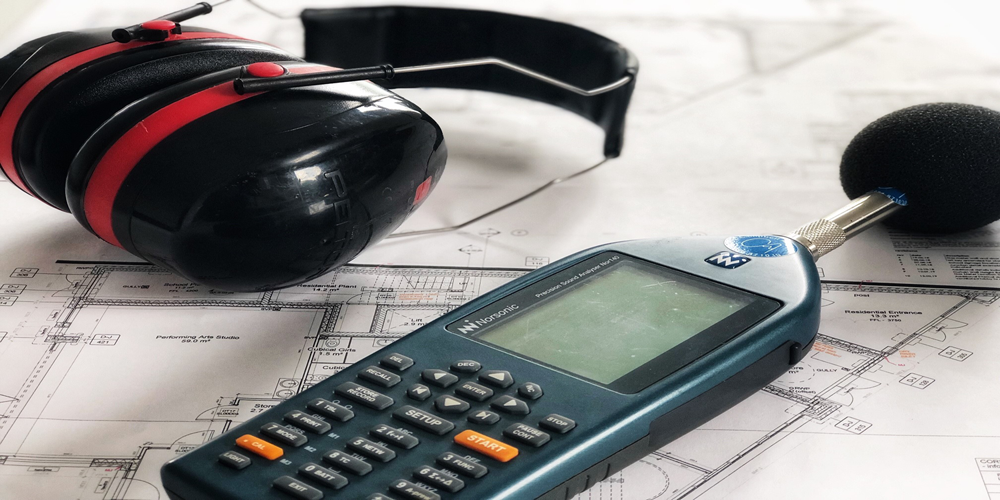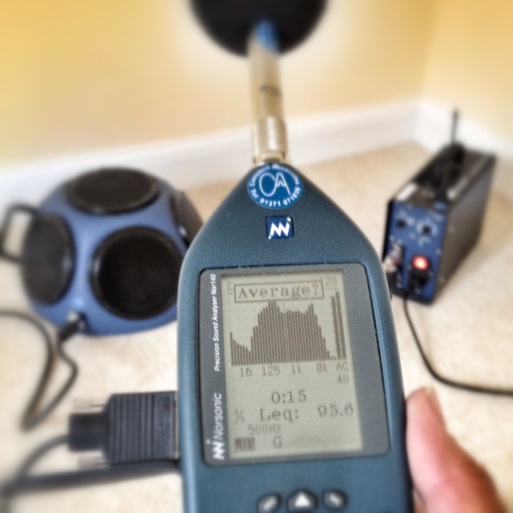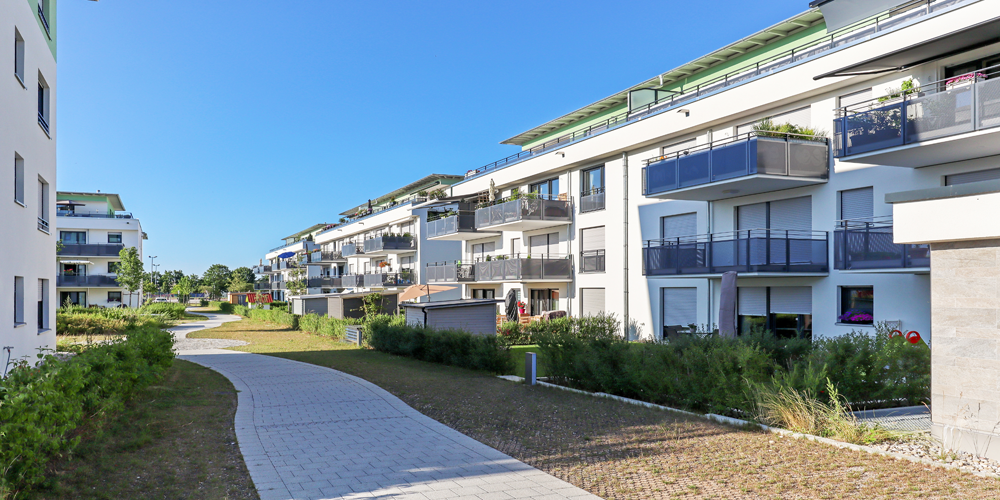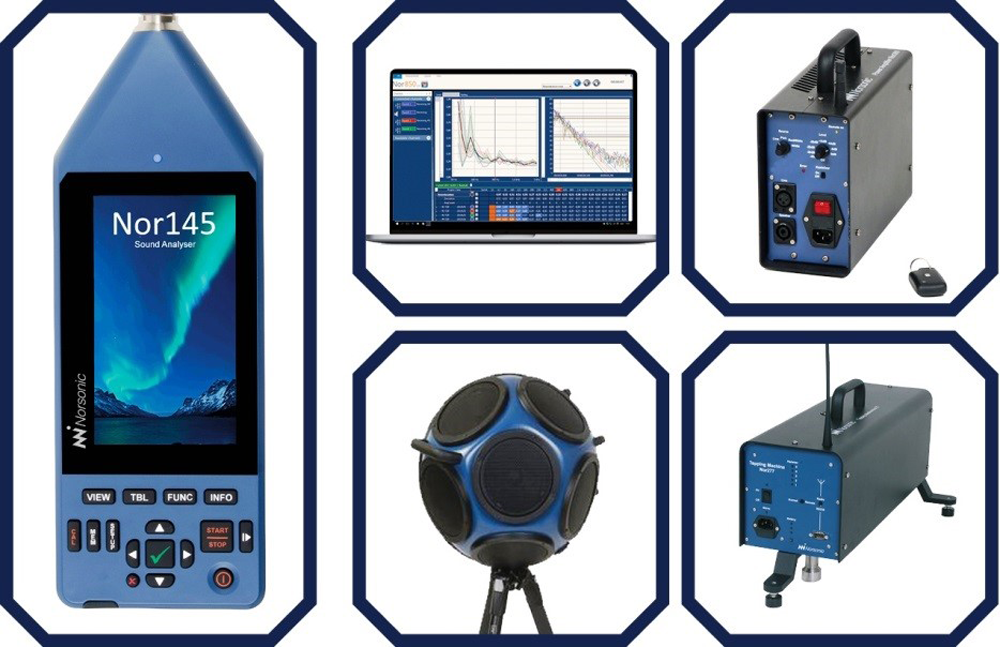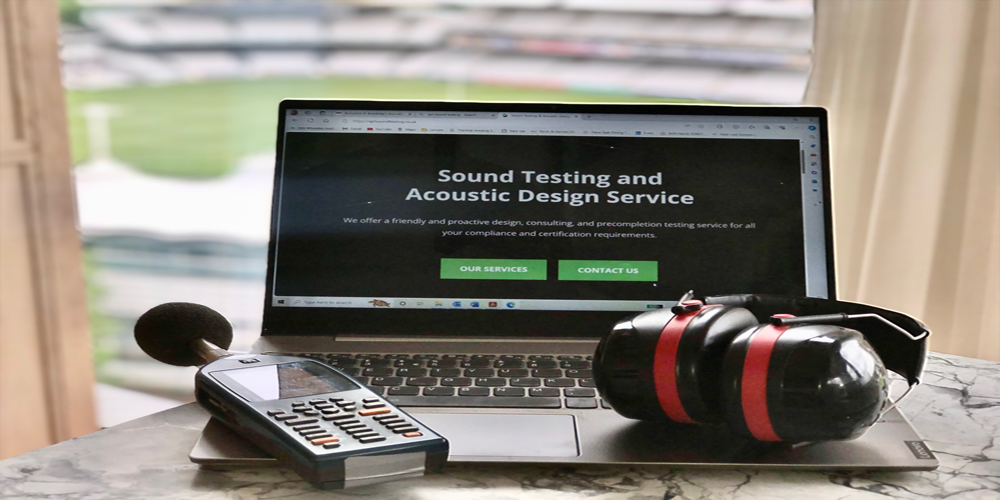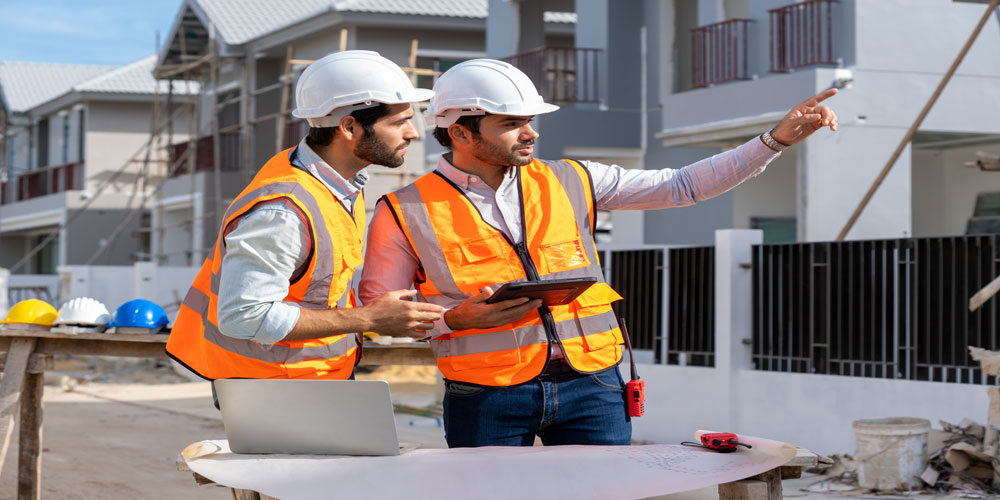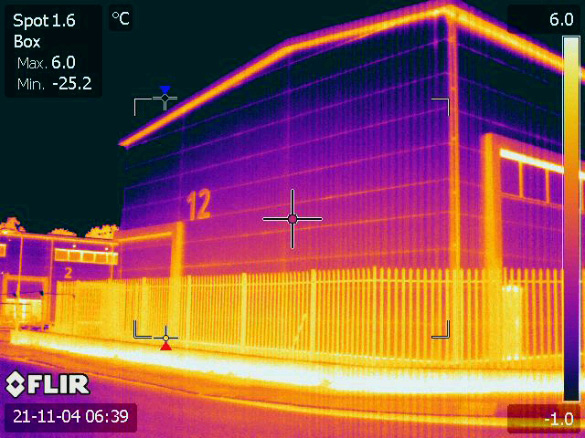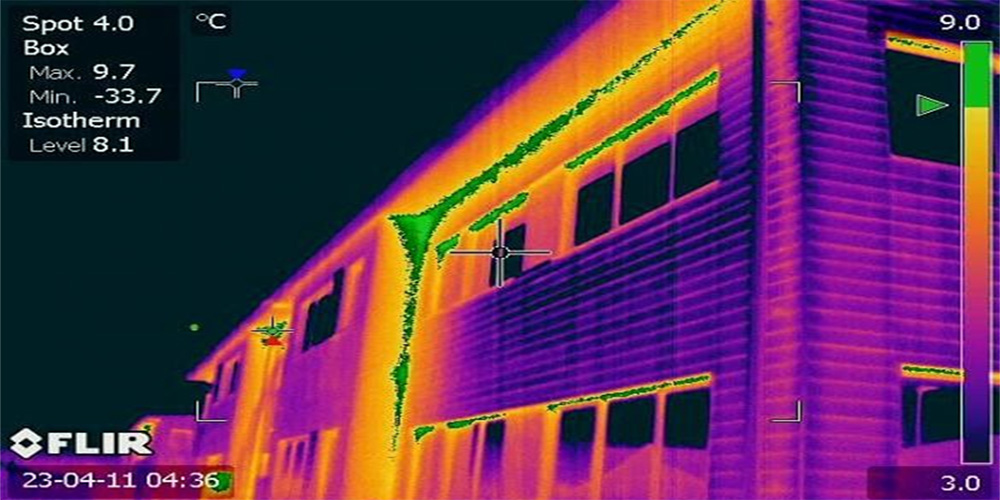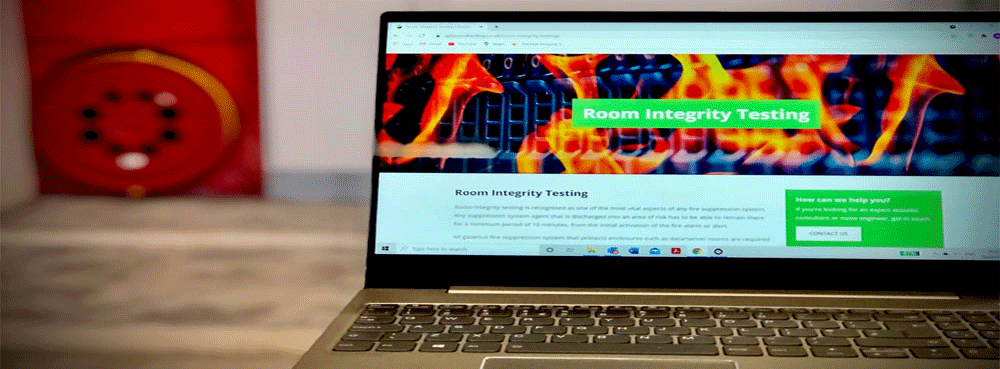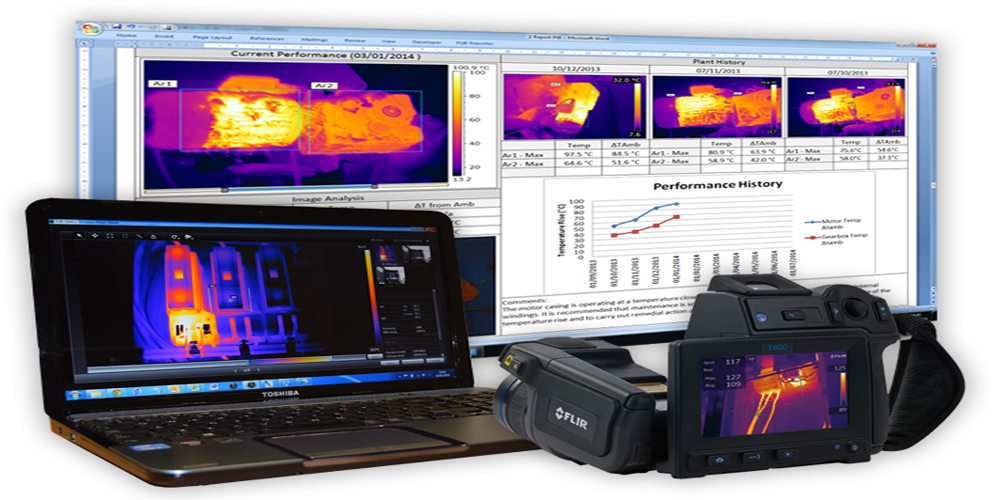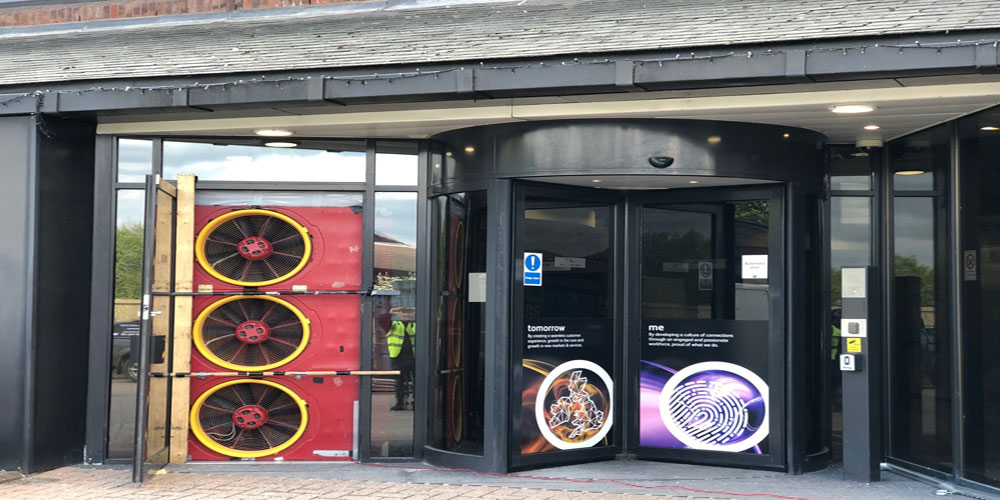
Clean Room Testing Services
Clean Room Testing Services
Cleanrooms play critical roles in maintaining contamination free production environments for critical processes. To ensure your cleanroom is working as designed it is essential that a well planned and executed cleanroom testing and certification and maintenance program is undertaken for operation and regulatory compliance. APT cleanroom testing offers clean room testing and clean room certification. APT Clean Room Testing specialise in the testing and validation of all types of clean rooms from the Nano technology to the automotive industries.
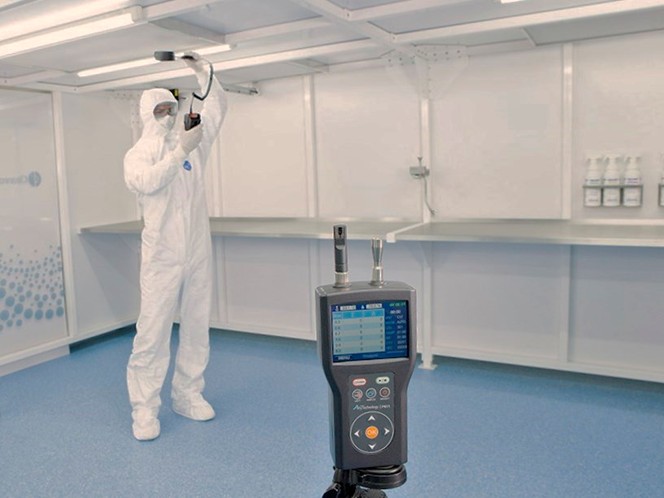
Clean Room Testing Services
We offer the complete range of performance tests, including non-viable airborne particulate monitoring and HEPA filter testing, through to airflow volume flow measurement and air change rate calculations for non-unidirectional systems. We also offer airflow velocity measurements for unidirectional systems and room differential pressure measurement. Using our latest smoke survey equipment we also offer accurate airflow visualisation testing. We also offer temperature and humidity monitoring and air tightness testing to check for air leakage paths through the clean room envelope.
Our primary cleanroom tests include:
- Non-viable particulate monitoring
- Airflow volume/velocity profiling
- Room air exchange rates
- HEPA filter integrity testing
- Room pressurisation monitoring
- Temperature and humidity monitoring
Using our technical knowledge and experience in cleanroom testing coupled with our steadfast commitment to quality and the highest standards of customer service we provide our clients with reliable, accurate and thoroughly documented clean room testing results, ensuring optimal cleanroom performance, documented regulatory and quality compliance, and minimised facility down time as most companies clean rooms are their main critical asset.
Following our clean room testing service or validation service, we present you with a clear, well-structured reportage that can be compiled, quality checked and issued to you while still on site, minimising the down time of your operations. We will also take time to explain the process and reportage to ensuring that you fully understand the testing process and your final results.
We will issue you with test certificates, as well as calibration certificates for all of the equipment used and we will also document any recommendations for improvements that could be made to make the clean room more efficient in regards to its operation.
Particulate Testing to Clean Rooms
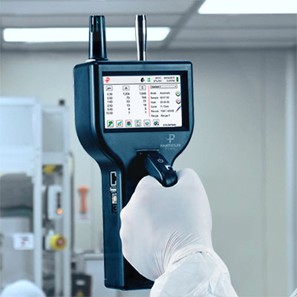
APT Clean Room Testing provide trained clean room test engineers, offering comprehensive and proactive validation service to the requirements of all current ISO standards and guidelines. We are customer driven and continually try to exceed our customers’ expectations, both in terms of price and service. Our careful attention to detail ensures that our reports and certificates are of the highest quality and customers can be confident that their external calibration and validation requirements have been met. Our commitment to quality is backed up by our UKAS accreditation. Our test engineers are well trained, highly motivated and flexible individuals who ensure constant and consistent delivery of our high standards.
ISO Standard 14644-1: 1999 has recently been updated to the 2015 version. It requires changes to sampling procedures and monitoring plans for cleanrooms and clean zones, all of which is outlined in the revised ISO 14644-1:2015 standard. Organisations will be required to redefine their validation sampling plans and data evaluation and will obviously affect the clean room testing reportage.
The updated ISO 14644-1:2015, specifies the classification of air cleanliness in terms of concentration of airborne particles in cleanrooms and clean zones and is the first significant revision since its original release in 1999.
The major change from ISO 14644-1:1999 publication is the adoption of a more consistent statistical approach to the selection and number of sampling locations; and thereafter the evaluation of the data collected.
This new approach allows each location to be treated independently with at least a 95 % level of confidence that at least 90 % of the cleanroom or clean zone areas will comply with the maximum particle concentration limit for the target class of air cleanliness.
Cleanroom users will have to make changes to the cleanroom validation procedures to meet the requirements laid out in the latest version of ISO 14644-1:2015 and ISO 14644-2:2015. It is possible that the revised standard will require cleanroom owners to make changes to their cleanroom to ensure they continue to achieve the required classification and remain compliant.
If you would like more information on our cleanroom testing services please don’t hesitate to contact APT Sound Testing directly on 07775 623464 or email us at: info@aptcleanroomservices.co.uk
